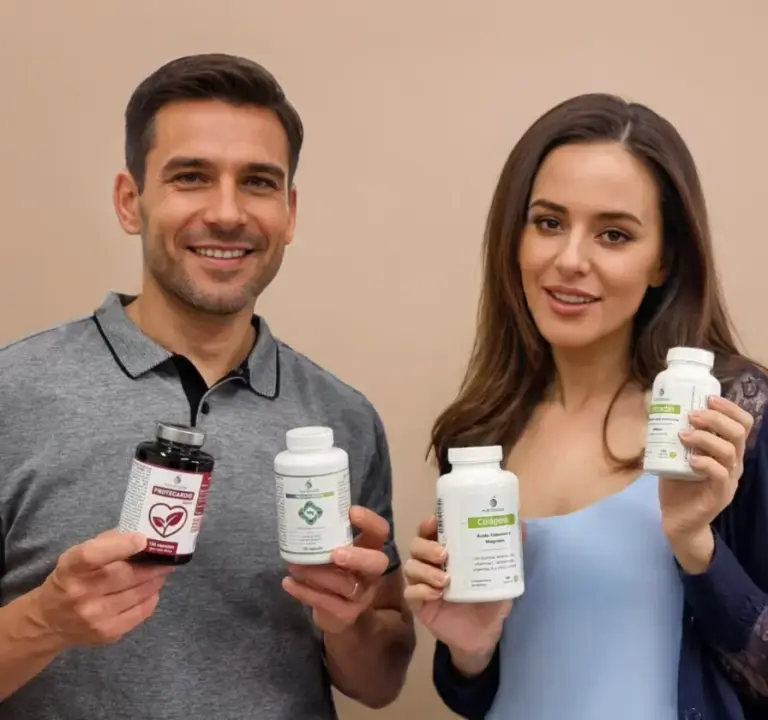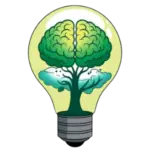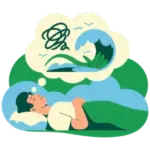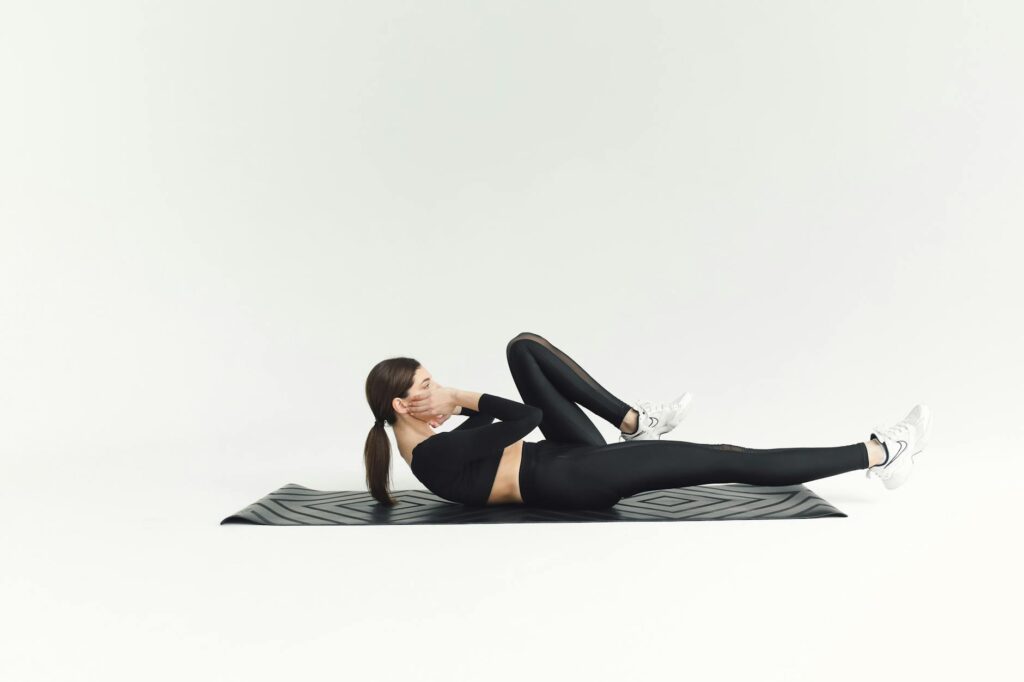A recent study published in PloS one (2025), conducted with 39 Japanese schoolchildren, explored how exposure to blue light before bedtime affects our biological clock and rest. Wearing glasses that partially block this type of light for three hours before sleep, the children advanced their bedtime by a few minutes and showed less irritability and better morning mood. However, the level of melatonin in saliva did not change(study in PloS one 2025). The research points out that small environmental gestures may influence the timing of sleep more than the actual amount of this key hormone.
For those seeking better sleep, the message is clear: it is not enough to want to rest, we need to prepare the environment and respect the internal signals that regulate our wake-sleep cycle. The balance between light, routine and physiological support can make all the difference.
Why night-time light alters your rest beyond melatonin
The human body responds precisely to changes in natural light. As evening falls, a hormonal cascade signals the brain to slow down. But exposure to screens or bright lights after sundown confuses that message and disrupts the natural release of melatonin, mis-synchronising the internal clock.
Although this study did not detect measurable biochemical changes in saliva, it did find that reducing blue light gently advances both bedtime and sleep onset. The effects were slight but consistent: less daytime irritability and greater well-being upon awakening. In short, it’s not just how much melatonin you have, but how your night-time habits help orchestrate its action.
Light supper and a serene environment to support your natural cycle
Getting a good night’s sleep starts long before you turn out the light. A simple ritual – light dinner, dim lights, fewer screens – sets the stage for your body to produce melatonin on cue. Adding foods rich in tryptophan and magnesium helps build that biochemical chain that culminates in restful sleep.
There are no magic solutions or miracle shortcuts: small, consistent routines have more impact on circadian balance than any single intervention. That’s why combining healthy habits with natural supports can further enhance the benefits for those who find it difficult to fall or stay asleep.
Melatonin sleep and natural support with 4Sleep
From the age of 40 onwards – or in the face of chronic stress, long journeys or changing shifts – natural melatonin levels often decline. In these cases, it may make sense to turn to a supplement such as 4Sleep, designed to support your physiology without forcing it.
Its formula combines pure melatonin (1 mg), recognised by European authorities for its effectiveness in initiating sleep; 5-HTP (direct precursor) extracted from Griffonia simplicifolia; and standardised extracts of valerian and chamomile, relaxing plants with no risk of dependence or residual drowsiness. Each capsule acts on the three key phases: rapid onset of rest (melatonin), stable maintenance (5-HTP) and restorative quality (valerian + chamomile). All free of unnecessary synthetic additives.
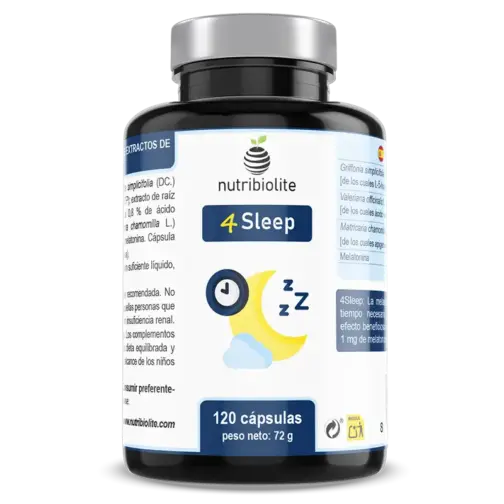
Melatonin 1 mg and 5-HTP with relaxing plants.
Frequently asked questions about melatonin sleep and 4Sleep
Why does blocking blue light help to fall asleep earlier?
Blue light inhibits the natural nocturnal release of melatonin, delaying the physiological onset of sleep. Reducing it sends a clear signal to the brain to prepare for rest even if overall hormone levels do not change much.
What is the difference between taking melatonin alone and a complete formula such as 4Sleep?
While melatonin alone signals the onset of sleep, comprehensive formulas such as 4Sleep combine this effect with natural precursors (5-HTP) and relaxing plants (valerian and chamomile) supporting all phases of the night cycle without causing residual sleepiness or habituation.
Does it produce dependence or a hangover the next day?
No. The doses used are endorsed by European bodies such as EFSA and INFARMED for their safety and absence of tolerance or physical dependence when used correctly according to indications.
When does it make sense to use a supplement such as 4Sleep?
It makes sense to resort to a supplement when external factors alter your internal rhythm – such as sustained stress or jet lag – and healthy habits are not enough to restore it.
How can you boost its effects with daily habits?
Keep regular dinner and bedtimes, reduce screen time after dinner, and include tryptophan-rich foods along with responsible use of the supplement if you need it.
This content is informative and does not replace the advice of a health professional.

